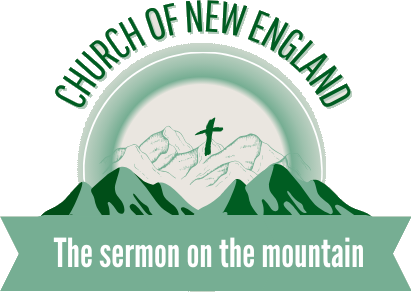The Church of New England holds a significant place in the religious landscape of the United States. With a rich history that dates back to the colonial era, this denomination has played a vital role in shaping the spiritual and cultural fabric of the region. In this blog post, we will explore the origins, beliefs, and community of the Church of New England.
Origins and History
The Church of New England traces its roots back to the early days of European settlement in the region. As the first English settlers arrived in the 17th century, they brought with them their Anglican faith, which eventually evolved into what is now known as the Church of New England. This denomination emerged as a distinct entity, separate from the Church of England, due to the unique circumstances and challenges faced by the colonists in the New World.
Throughout its history, the Church of New England has experienced periods of growth, decline, and revival. It played a significant role in the American Revolution, with many clergy members actively supporting the cause of independence. In the 19th century, the church underwent a series of theological and social changes, adapting to the evolving needs and beliefs of its members.
Beliefs and Practices
The Church of New England is a Protestant denomination that embraces the principles of the Reformation. It places a strong emphasis on the authority of Scripture and the priesthood of all believers. The church believes in the Trinity, the divinity of Jesus Christ, and salvation through faith in Him.
Worship in the Church of New England is characterized by a blend of traditional and contemporary elements. Services often include hymns, prayers, scripture readings, and sermons that apply biblical teachings to everyday life. The sacraments of baptism and communion are also central to the church’s worship practices.
Community and Outreach
The Church of New England is known for its strong sense of community and commitment to social justice. Congregations actively engage in various outreach programs, including food drives, homeless shelters, and community service initiatives. The church also places a strong emphasis on education and operates several schools and colleges throughout the region.
Additionally, the Church of New England fosters a welcoming and inclusive environment for all individuals. It embraces diversity and strives to create a space where everyone feels accepted and valued.
Conclusion
The Church of New England stands as a testament to the enduring power of faith and community. With its deep historical roots, steadfast beliefs, and commitment to service, this denomination continues to impact the lives of its members and the wider society. Whether through worship, outreach, or fellowship, the Church of New England remains a vibrant and integral part of the religious landscape in the region.
